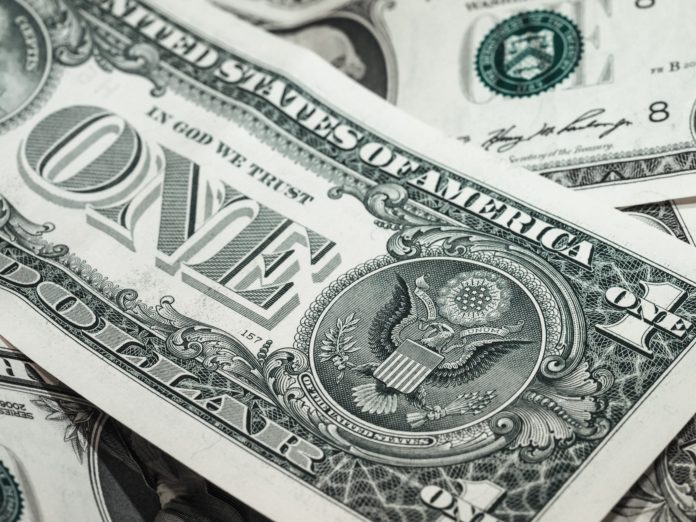
It’s a signal of how well the economy is doing for ordinary Americans. People behind on their car payments are probably struggling financially, so it’s a metric worth keeping an eye on.
The news isn’t good.
According to the Federal Reserve Bank of New York, more than seven million Americans were 90 or more days behind on their car loans at the end of 2018. It’s the highest number since 2010, and it’s not good news for the auto industry. The 90-day delinquency rate at the end of 2018 was 2.4 percent, up from a low of 1.5 percent in 2012. The fastest rates of delinquencies are among Americans under age 30.
On the flip side, the higher rate of delinquency corresponds to more car loans and more sales. Auto sales peaked at 17.5 million in 2016 and haven’t declined very much in 2017 and 2018. Vehicle loans represent about 10 percent of Americans’ total consumer debt. 2018 marked the highest level in the 19-year history of the loan origination data, with $584 billion in new auto loans and leases appearing on credit reports, up from 2017’s $569 billion.
“I think it’s a little too soon to say that the sky is falling, but it’s time to look up and double check to make sure nothing is about to hit you on the head,” said Charlie Chesbrough, senior economist for Cox Automotive, told the Associated Press.
Still, it’s a worrying trend that suggests that lower income Americans are increasingly struggling with car ownership.
“The substantial and growing number of distressed borrowers suggests that not all Americans have benefited from the strong labor market and warrants continued monitoring and analysis of this sector,” concluded the Fed’s report.
The high delinquencies among younger vehicle owners could spell trouble for auto sales in the future. Millennials are struggling with record levels of student debt as well as auto loans. They also don’t appear to like driving very much. A study by Allstate’s research arm Arity found that more than half of adults between the ages of 22 and 37 say a car is not worth the money spent on maintenance, and that they would rather be doing something other than driving, which is a prime argument for the rise of autonomous shared vehicles in the future.












